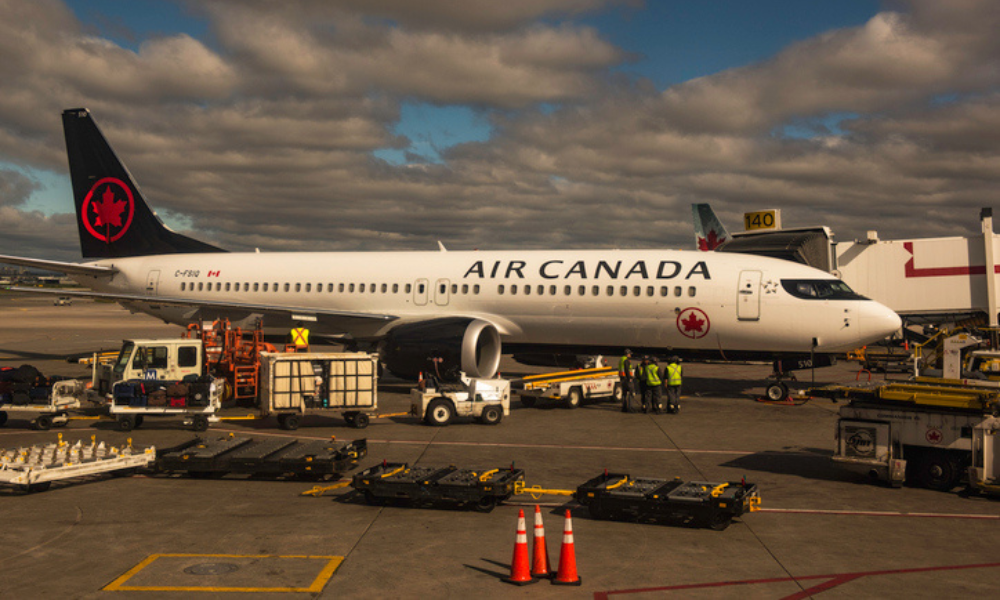
A US resident sued the company for injuries sustained while boarding

The Supreme Court of Prince Edward Island denied Air Canada's motion for $20,000 in security for costs in a lawsuit filed by a US resident who was suing the airline for injuries sustained while boarding a flight.
The court ruled that the claim under the Montreal Convention has merit and that requiring security would deny the plaintiff access to justice.
US resident Lily Ann Freid, a medical secretary from New Jersey, frequently travels to PEI and was injured when she fell down a staircase while boarding an Air Canada flight. She alleged that she was rushing to board the plane due to delays at security and that no assistance was provided, despite the wet conditions on the morning of her flight. The fall resulted in fractures and other injuries, requiring surgery and prolonged treatment in Canada.
Air Canada sought $20,000 in security for costs, arguing that Freid, a non-resident without assets in PEI, may be unable to cover legal costs if the court rules against her. The airline pointed to the Montreal Convention, which governs international air travel. It argued that Freid’s claim lacked merit as her injury might not meet the convention’s definition of an "accident." They also contended that Freid’s financial situation did not justify allowing the case to proceed without security for costs.
Freid opposed the motion, arguing that the delay in bringing the motion, her financial situation, and the merits of her case should prevent an order for security. She acknowledged that she had no significant assets in PEI but maintained that her claim had merit, highlighting that the actions and inactions of Air Canada staff contributed to her accident.
The Supreme Court rejected Air Canada’s motion, finding that Freid’s claim had a prima facie basis under the Montreal Convention, which imposes strict liability for accidents during boarding. It also ruled that the delay in filing the motion did not prejudice Freid’s case and noted her limited financial resources. The court emphasized that requiring security for costs in this case would deny Freid access to justice.
The court concluded that no security for costs would be ordered, but Air Canada could revisit the issue as the case progresses.